Special Series on the Politics of History
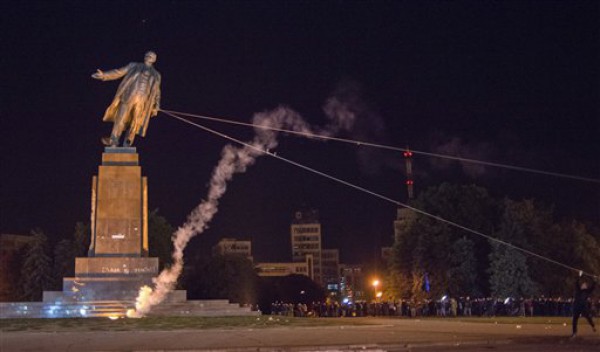
RUB Europadialog Blog is featuring a special series of essays on the politics of history in contemporary Europe. These essays have been written by students of the MA in European Studies programme at the Faculty of Arts and Social Sciences, Maastricht University, The Netherlands. They are revised versions of papers written within the course Post-War Europe: Political and Societal Transformations. The essays include: Linda Weigl, Commemorating Communist Rule in Hungary: The Role… Read More
The AfD and the Commemoration of the Holocaust: The Power of the Past to Shape the Present
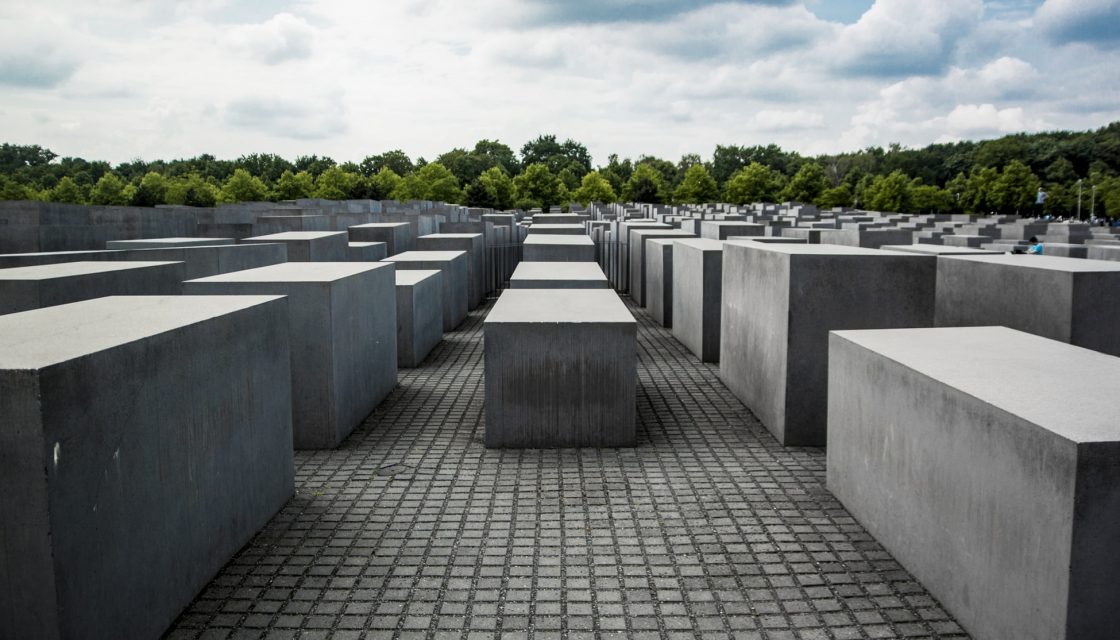
Acknowledging the importance of a continuous examination of the abhorrent crimes committed during the Third Reich, German Holocaust commemoration policy has been nothing to compromise on for the last decades. Nevertheless, with the rise of the right-wing party Alternative für Deutschland (AfD), one can observe an increased tendency to question the importance and adequacy of the established Holocaust commemoration. Is the power of the past to shape the present fading away? By… Read More
Vichy – Memories of a Past that is still Present: Re-surging Nationalism and the Limits of the ‘devoir de mémoire’
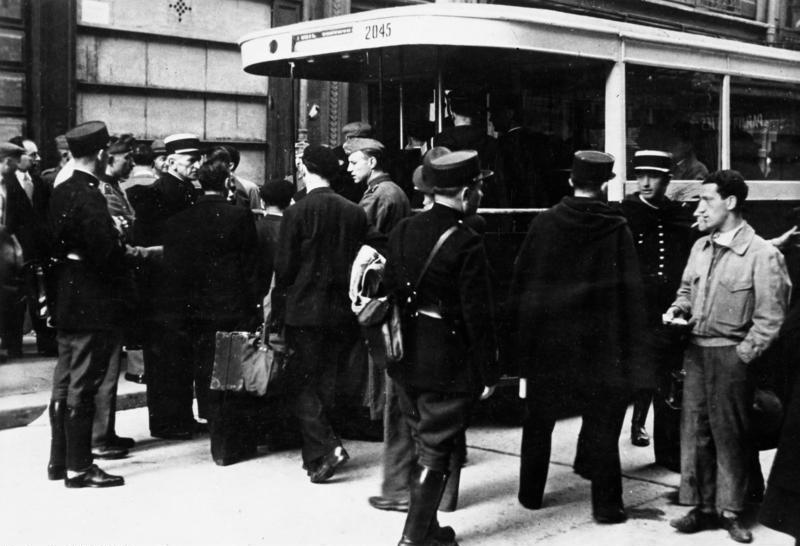
The 2017 French presidential election revealed a returning obsession with France’s Vichy Past, as many politicians once again denied France’s responsibility in the deportation of the Jews during the Second World War. This essay explores the factors that led to the resurgence of nationalist revisionism in the political rhetoric and discusses how this illustrates the limits of Pierre Nora’s ‘devoir de mémoire’. By Florian Bikard Introduction The debacle of June 1940 marks… Read More
Street Fights: White Fragility in the Debate on Colonial Legacies in the Streets of Berlin
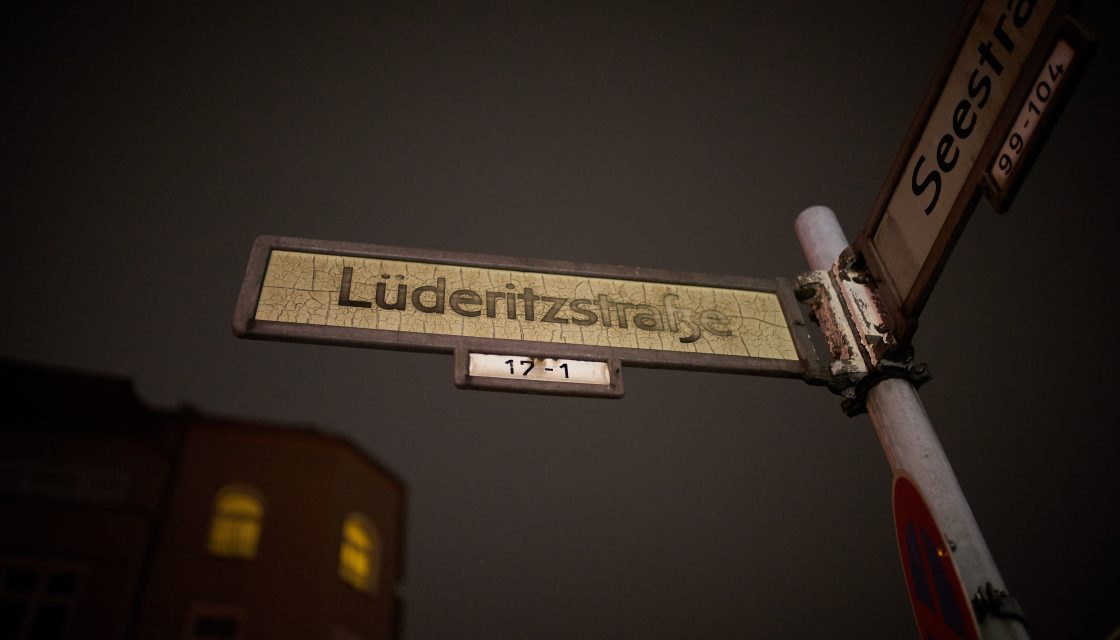
Carl Peters, Adolf Lüderitz and Gustav Nachtigal were once colonial heroes of the German Empire. But as colonialism came to be recognized as an inherently unjust endeavor, a group of activists started a movement to rename the streets in Berlin honoring them, thereby sparking a fierce debate about historical and racial narratives that is symptomatic of the current state of race relations in Western societies at large. By Elias Hartmann Introduction The… Read More
Commemorating Communist Rule in Hungary: The Role of History in Times of Democratic Decline
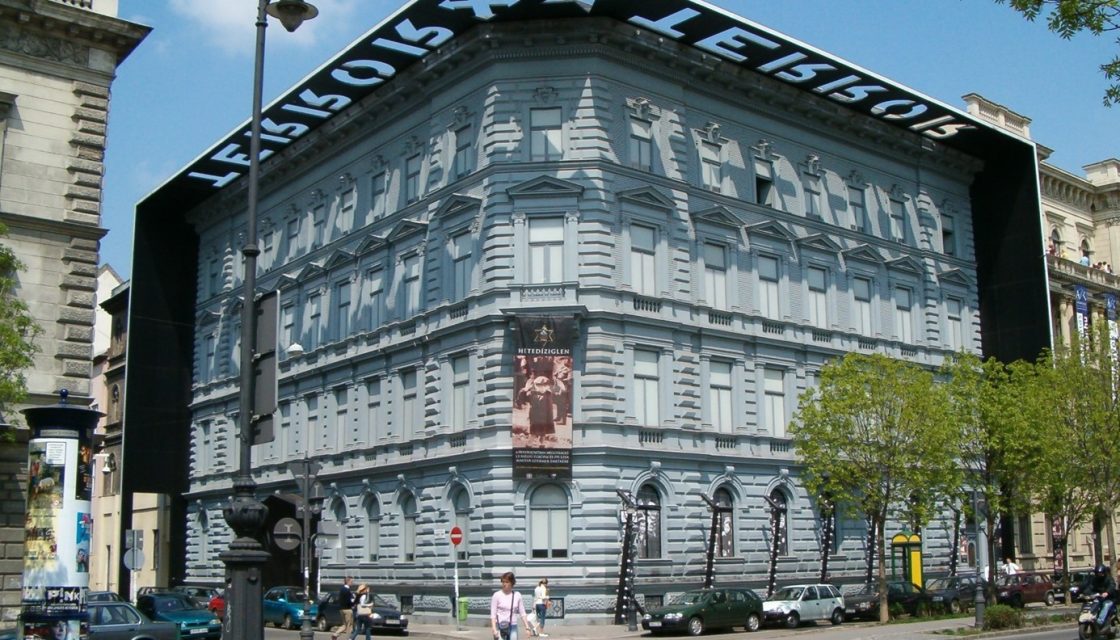
Current political developments in Hungary and the country’s path towards democratic consolidation after the collapse of State Socialism prompt the question of how the past is reinterpreted in Hungarian politics today. How does Viktor Orbán, Hungary’s current Prime Minister, use history to shape the public discourse in his most recent public memorial speeches? Besides gaining knowledge of the past in order to understand the present, it is similarly important to understand its… Read More
Katyn 2? How the Tragedy of Smolensk is Used in Polish Politics
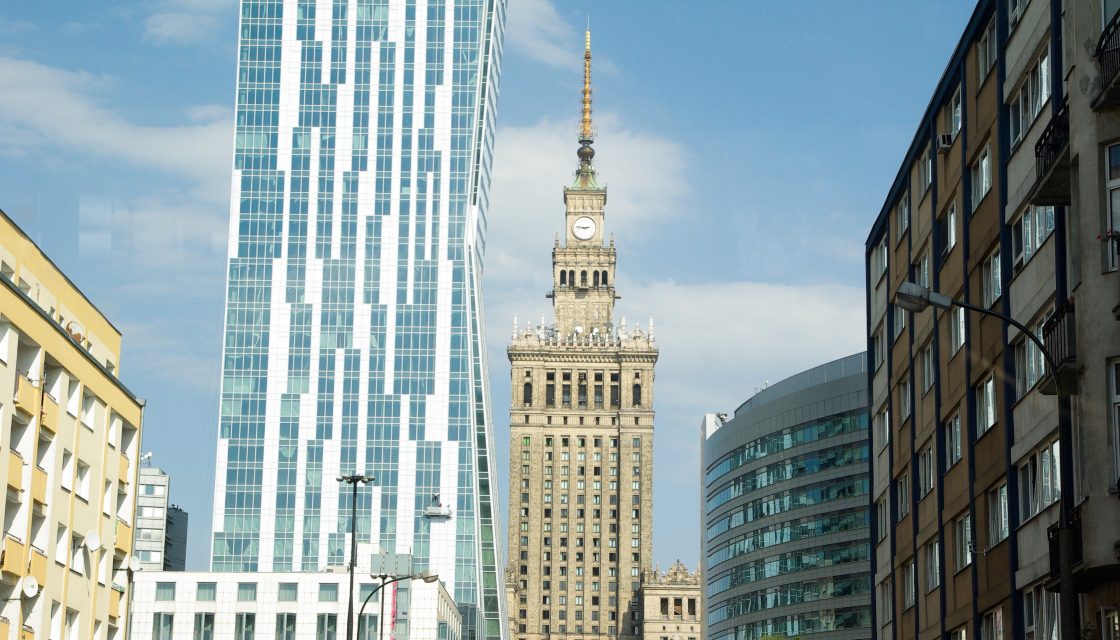
The crash of the Polish presidential plane near Smolensk in April 2010 was a tragic loss for Poland in its entirety and still haunts the country today. This essay sets out to investigate how the disaster and the historically-laden site of Katyn has been and is used by political actors in Poland. By Florian F. Christ Nine years since the crash of Poland’s presidential plane, the tragedy continues to haunt Polish… Read More
Orbán and the Hungarian Holocaust: Historical Distortion for Political Gain?
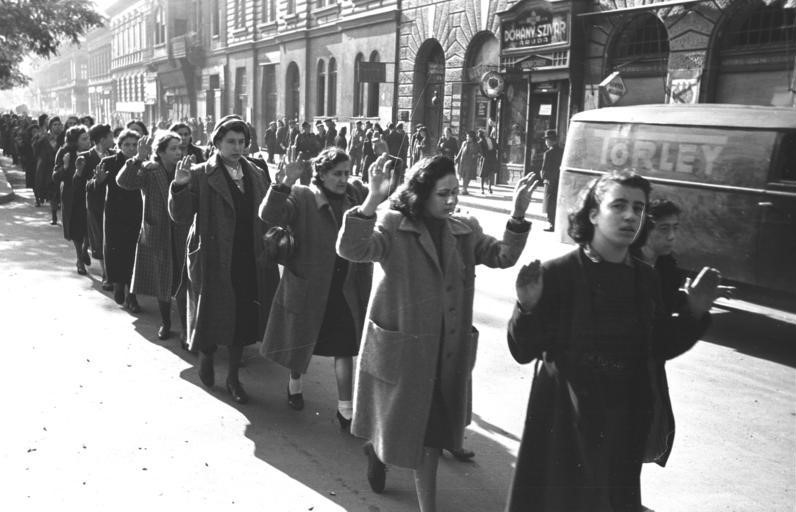
Under Viktor Orbán’s rule, the history of the Holocaust has increasingly been distorted. By denying and misrepresenting the crucial facts of the Holocaust in Hungary, the aim is to rehabilitate the Hungarian collaborationist government of Admiral Miklós Horthy, the Regent of Hungary during Hitler’s Third Reich, and cleanse the historical record of the Nazi era. In order to explore Hungary’s process of coming to terms with its past, this essay analyses the… Read More
Ein literarischer Brückenschlag. Zum Tod von Aharon Appelfeld
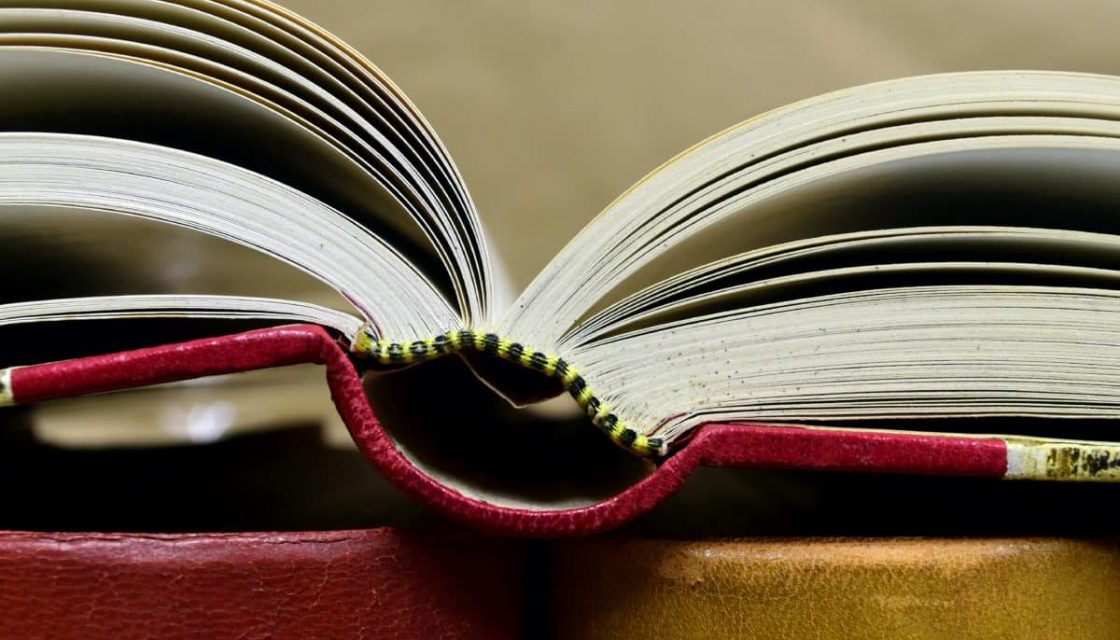
Anfang Januar verstarb der israelische Schriftsteller Aharon Appelfeld im Alter von 85 Jahren. In unzähligen Romanen warf er einen Blick auf die untergegangene Welt seiner Eltern und Großeltern. Ein Rückblick auf das Leben und Schreiben eines Menschen, der Brücken schlug. An einem beliebigen Abend in der ersten Januarwoche des neuen Jahres 2018 traf ich zwei Freunde und Kollegen. Wir saßen bei Kaffee und Wein in einem Kaffeehaus in Tel Aviv nahe des… Read More
Steckt Europa in der Krise?
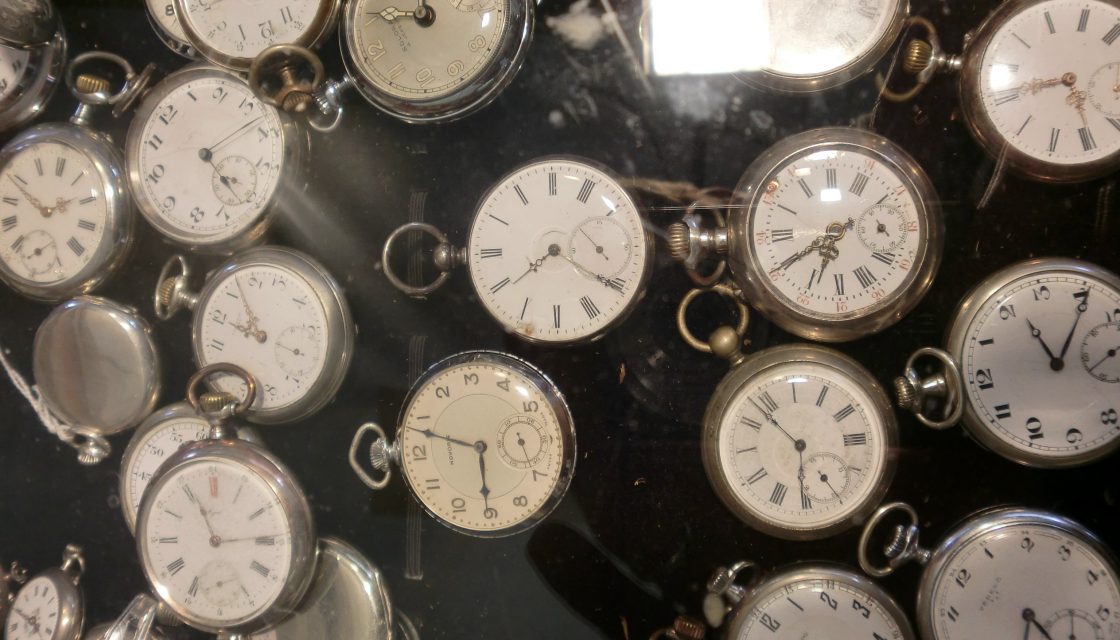
Dortmund Hauptbahnhof im Juli 2016. Am Bahnsteig befinden sich bisher noch wenige Reisende als ich ihn betrete. Eine Frau spricht mich an. Sie fragt auf Englisch, ob dies das richtige Gleis für den ICE nach Berlin sei. Sie hält einen riesigen, ungeordneten Stapel Papiere in der Hand. Ihr Gesicht sieht müde aus, ihr Make-up ist verwischt. Sie steht sehr nahe am Bahnsteigrand. Eine Mitarbeiterin der Deutschen Bahn wird deshalb auf sie aufmerksam… Read More
Poland – Quo vadis?
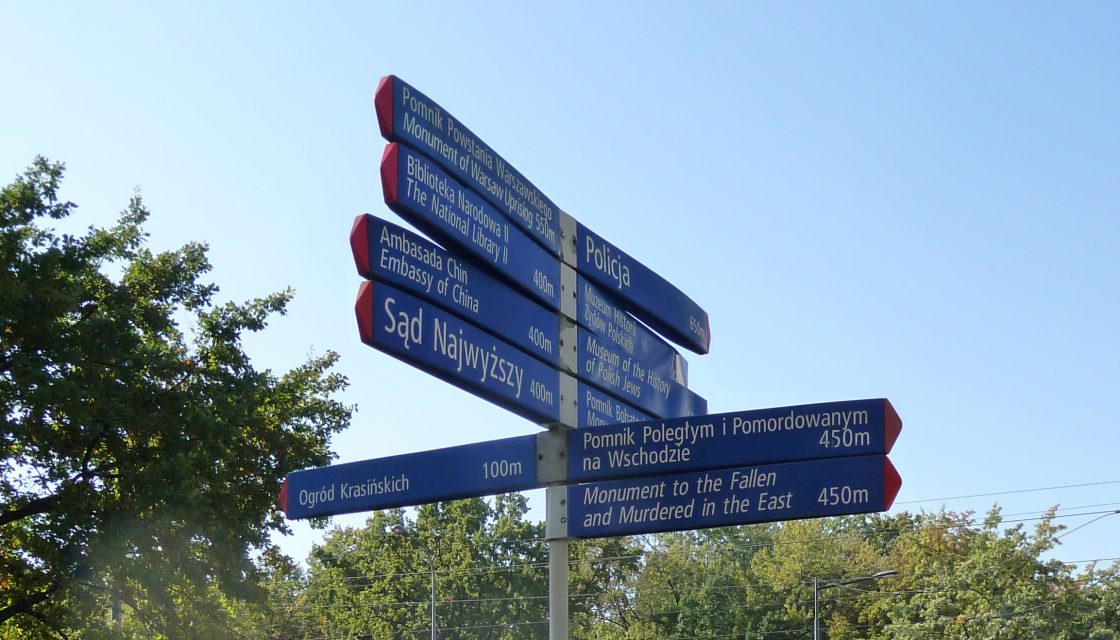
„The European Union was a dream of few. It became a hope for many. Today it is a necessity for all of us”.[1] Already in 1954, the former German chancellor Konrad Adenauer declared this still having the echoes of World War II in his mind. From today’s perspective and from my point of view, being a member of a young European generation, I look differently on Konrad Adenauer’s Europe than he did…. Read More